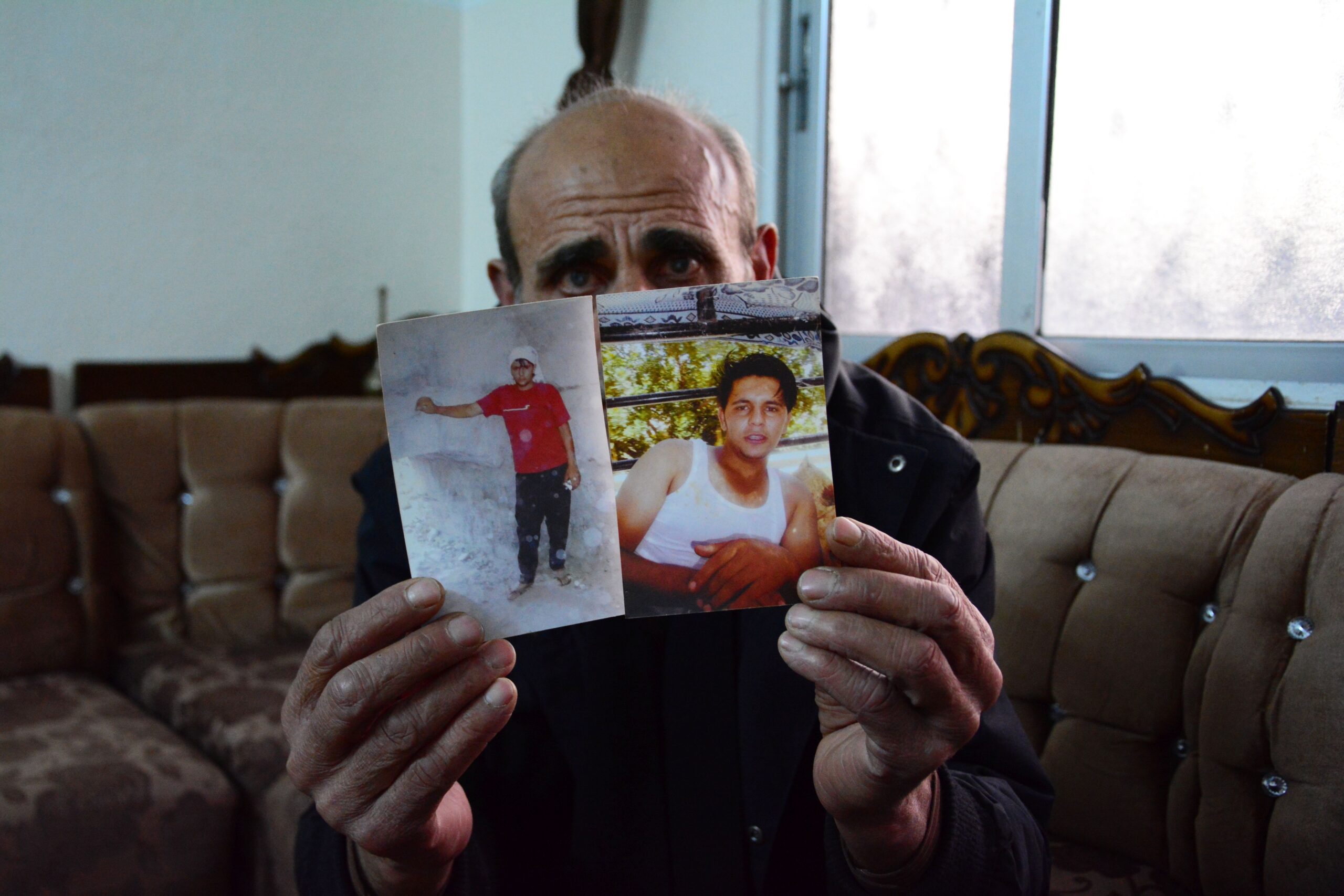THE GUARDIAN (27/2/2020)
Anas al-Jamra carried more burdens than he could bear. As the eldest of 16 children, the fruit and vegetable vendor was the main provider for his parents, brothers and sisters, in addition to his own four young children.
But continuously harassed by police and city officials, who confiscated his stock, the 28-year-old began accumulating debt.
On 1 February, just days after his goods were confiscated by officials from Irbid municipality, he took his own life. His death highlights the struggle people face to earn a dignified living in Jordan.
“The night before he died he asked me for 500 dinars [£546] but no one I knew had that money,” says his mother, who is known as Umm Anas. “If I had known something like this would happen I would have gone to the streets and asked strangers for the money,” she adds, her voice quivering.
Anas’s death echoes that of Mohammed Bouazizi, the fruit seller in Tunisia, who, in December 2010, set fire to himself in response to the humiliation and harassment he experienced at the hands of local authorities. His death ignited protests that brought down the country’s president, and reverberated across the region.
Almost a decade later, however, the inequality and economic deprivations that helped spark the Arab spring still linger.
